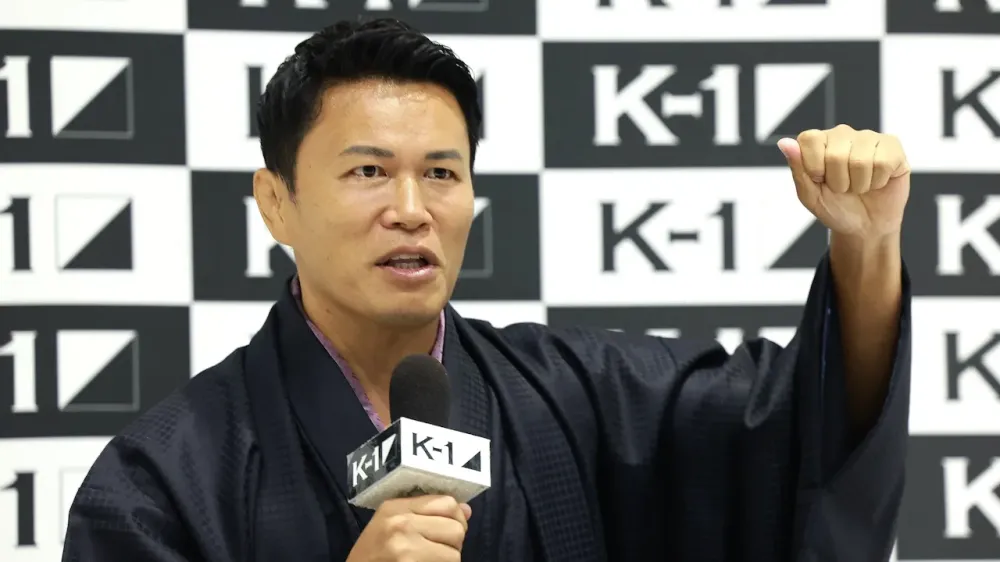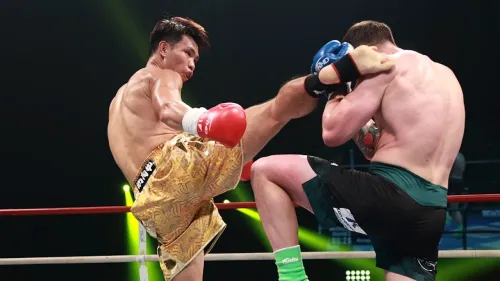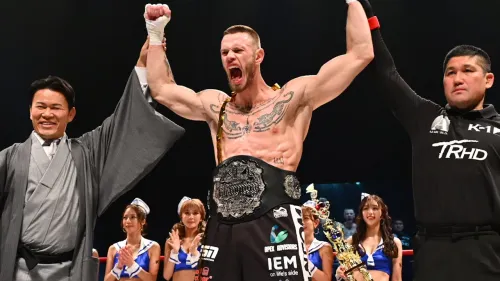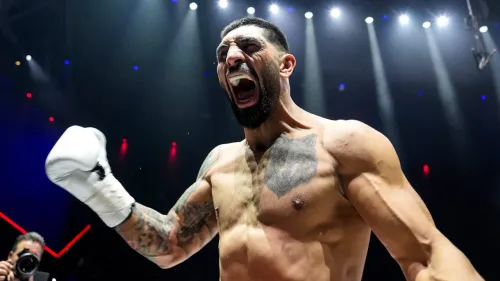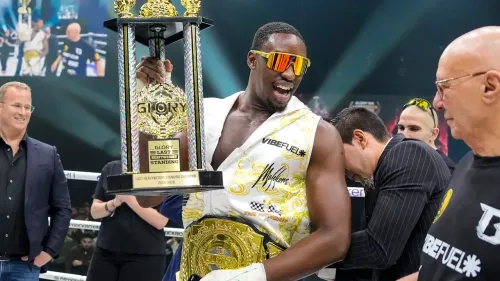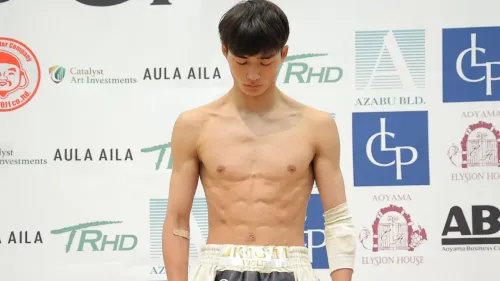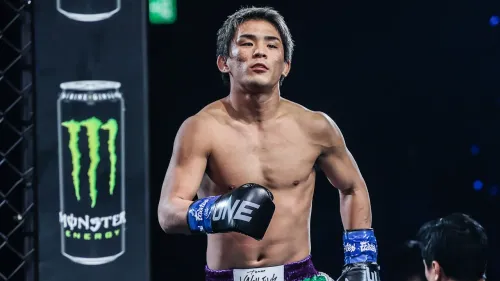A man of many talents, Genki Sudo’s career has been as colorful as his fighting style. Fighter, dancer, author, actor, politician, the 47-year-old now adds another role to his repertoire as K-1’s newly appointed producer, officially introduced at a press conference in Tokyo on September 3.
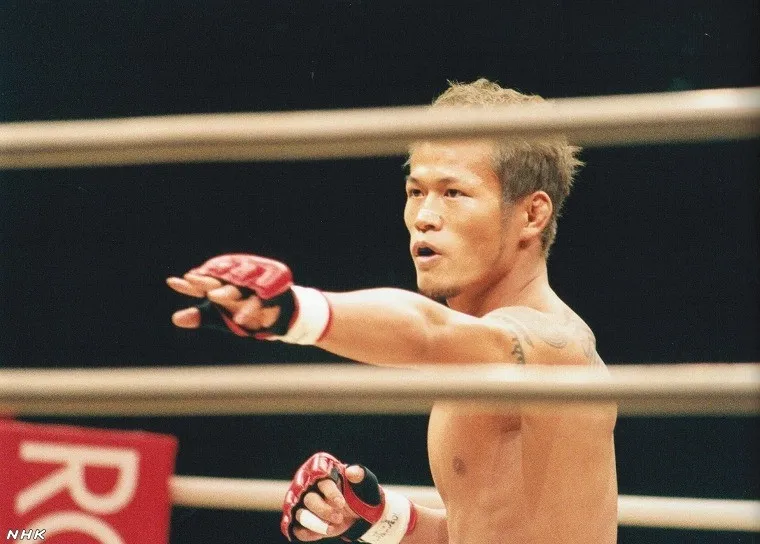
Sudo began by acknowledging that recent K-1 events have grown too long, with fight cards that overwhelm both fighters and fans. His goal is to bring cards back down to around a dozen bouts, creating shorter, sharper shows where fighters’ stories can be remembered and discussed. Alongside this, he announced plans to move away from restrictive exclusive deals, instead introducing one-match contracts to give athletes the freedom to appear in other organizations. "I want to break down the current K-1 and breathe new life into it,” Sudo said.
Developing new stars is another key focus. Sudo intends to revive a Japan-only K-1 WORLD MAX tournament, inviting top domestic fighters from across promotions. He believes this format can once again produce Japanese champions capable of competing on the world stage, much like Masato did during K-1’s golden era. At the same time, he sees the need to reintroduce the kind of “monsters” that once defined the brand, larger-than-life characters who generate excitement beyond the sport itself.
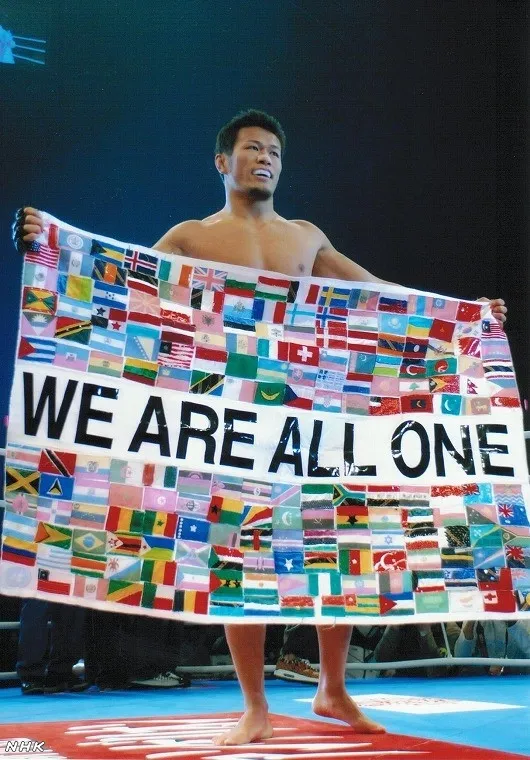
Sudo’s ambitions also stretch beyond kickboxing. He confirmed the return of HERO’S, the MMA promotion once linked to K-1, beginning with mixed-rules fights on the September 7 World MAX card. His vision is to establish HERO’S as its own brand, with the potential for crossover events against major organizations such as RIZIN.
During the press conference Q&A, Sudo gave further insight into his plans. He stressed the importance of making events more digestible for casual fans, joking that “you can’t ask someone on a date to sit through seven hours of bouts,” and emphasized that K-1 must first thrive domestically before expanding abroad. He also expressed a willingness to collaborate with rival promotions and revealed he hopes to consult with Masato directly about shaping the future of K-1.
“I want to open up K-1 again,” he said.
